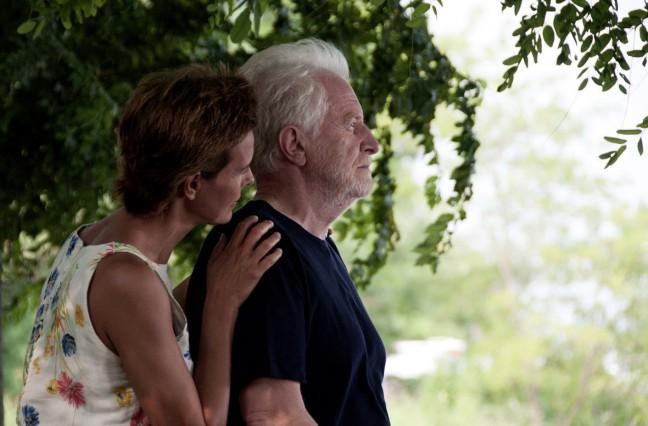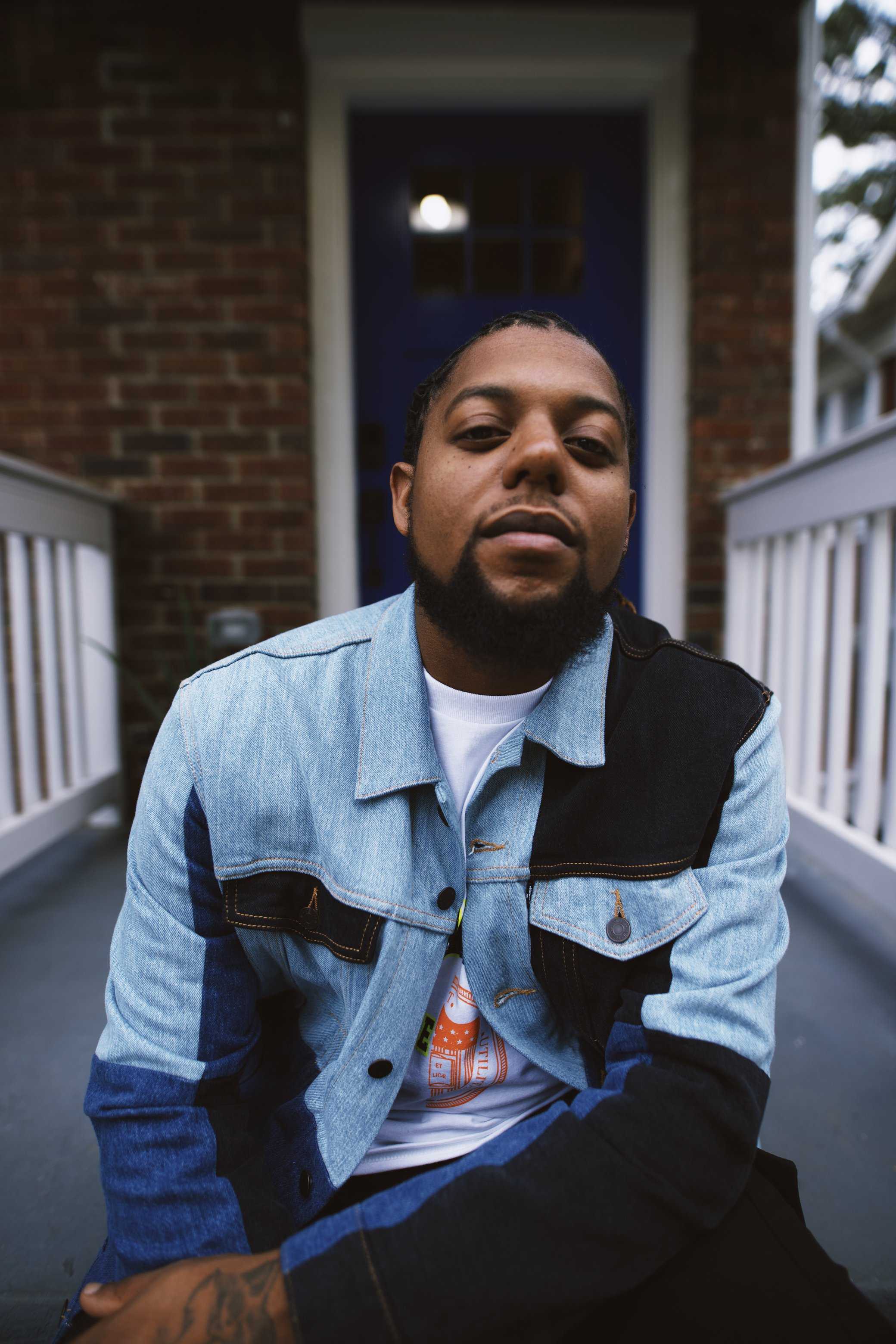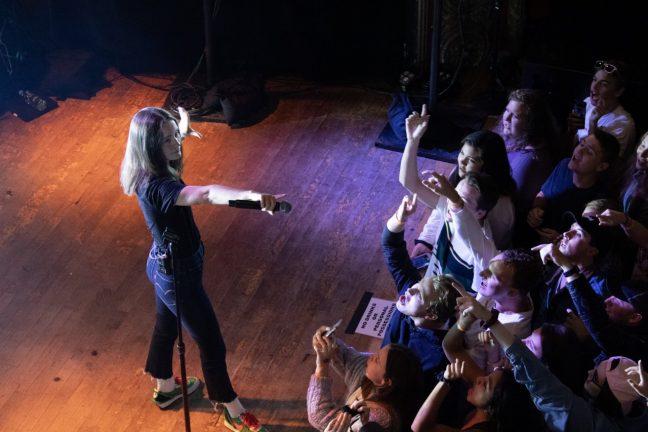The “French film” genre is ubiquitous in our minds as the quintessential “art house” film – screened in tiny theaters for a tiny audience, meant to be seen in smoky rooms and accompanied, of course, by wine, cheese and a healthy dose of elitism.
What many people don’t realize, though, is that France is a country just like any other. There’s space in “French film” for a multitude of genres. One such film is called “Unforgivable” – “Impardonnables” in its native language – and it is a romantic drama involving a hidden past, shady mafia and the search for true love.
But “Unforgivable” is also something more than that. Director Andr? T?chin? has crafted a film with many layers that only reveal themselves once the audience gives them their respect. Once that happens, the film transforms into a dramatic tale of unrequited past loves, characters who come to terms with their (sometimes fatal) flaws and a story of how two people well past their prime are able to kindle, and then re-kindle, a new life from scratch.
The film begins with Francis (Andre Dussollier, Micmacs, Tell No One), a celebrated novelist of crime stories, looking for a place in the historic Italian city of Venice to write his next big novel. He encounters a real estate agent and former model Judith (Carole Bouquet, That Obscure Object of Desire, Red Lights) and becomes instantly infatuated. The newly-minted lovebirds move into a cozy house on an island in the outskirts of Venice, and then things start to go awry as the problems from their past lives – romance, infidelity, mafia – come flooding back.
All the festive Venetian colors aside (in Venice, the beauty comes by default), “Unforgivable” is a very dark film. Not dark in the traditional sense – this isn’t directed by Tim Burton – but it tackles several deep-seated moral issues and problems with humanity.
Although there are several deaths and near-deaths in this film, none of them are graphic, and all of them are toned down and off-scene. However, horror isn’t the main focus of the film; it is the consecutive relationships and reactions that form the core of this dramatic, tragic, peppery-sweet and ultimately happy, tale.
Even though the film deals with some macabre themes – drugs, adultery, vice – it never proclaims these problems out loud for the audience to hear. The themes are there if you look for it, but otherwise, it is quite happy to stay hidden just below the surface – and the film remains a good, if not excellent, love story.
On the other hand, though, if the audience interacts with the film – much like a reader would annotate in the margins while browsing a book – then the story becomes much deeper and much more poignant.
The characters are compelling. Each of them have their own unique, special moments in the film during which the audience can identify with their problem because they’ve all felt it before. And this is one of the film’s strongest points: None of the protagonists (for there are no antagonists in ‘Unforgivable’) are unrealistic. There’s no ?berhero like James Bond, Superman or Lex Luthor. And with the inclusion of multi-faceted personalities comes the opportunity to have those characters bounce their emotions off one another, creating a veritable web of relationships and themes – and the film does just that.
Several times during the course of the film, there are moments pivotal to the plot in which the character is placed between two contrasting themes, such as emancipation versus paternity, or obedience versus freedom. This is made possible due to the intriguing web of character development and relationships that T?chin? has weaved.
It’s hard to categorize “Unforgivable” into a single, predefined genre. It contains a touch of romance, a little bit of drama, a pinch of comedy, even a subtle taste of action, but those separate identities are carefully united into a coherent whole by the deft hands of T?chin? and the actors and actresses under his direction.
4.5 out of 5 stars














